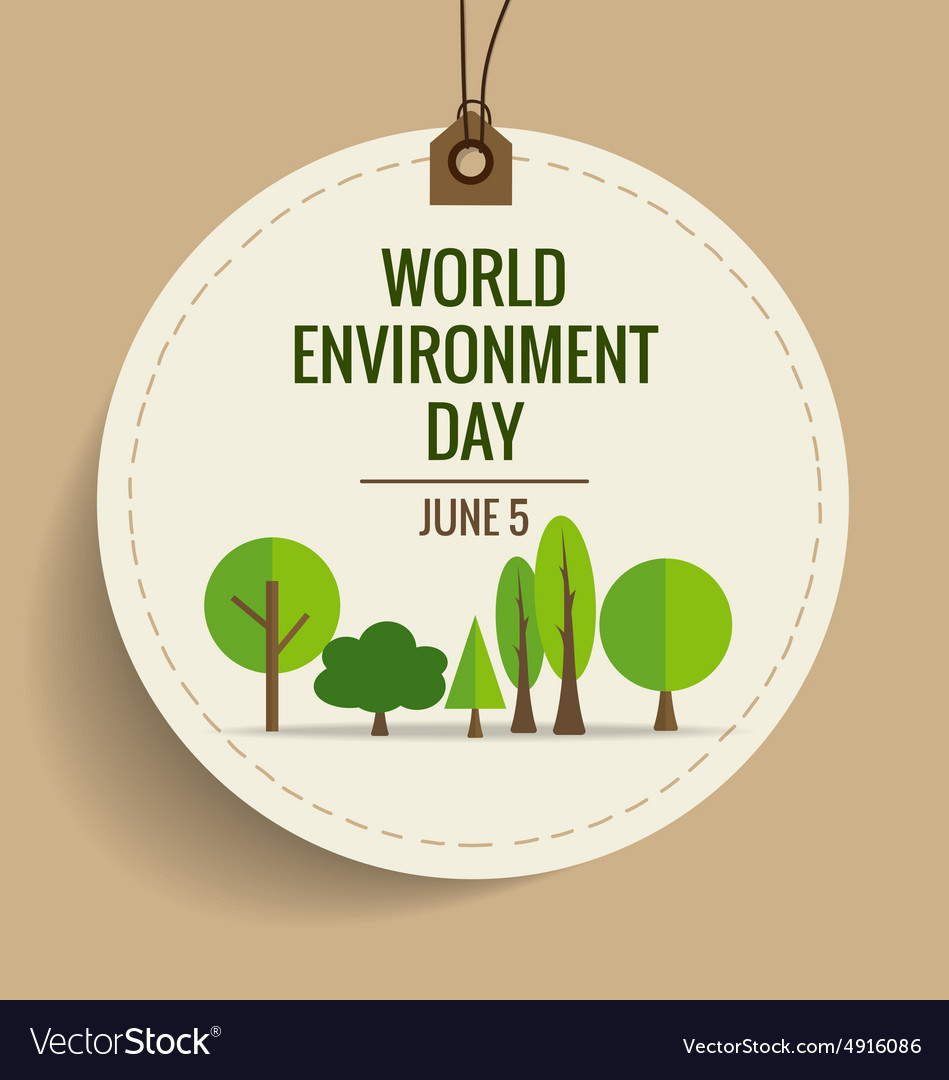I just learned from my social media networks that today is apparently #WorldEnvironmentDay so let me share this very interesting initiative called the Great Reset launched jointly on June 3 in a virtual meeting by the World Economic Forum and HRH The Prince of Wales in response to the need for a better world in the wake of COVID-19 global pandemic.
Leaders all over the world are now finding themselves at a historic crossroads, managing short-term pressures against medium- and long-term uncertainties. This initiative intends to provide insights determining the future state of global relations, the direction of national economies, the priorities of societies, the nature of business models and the management of a global commons.
The managing director of the IMF (International Monetary Fund) noted at this virtual meeting the need to end fossil fuel subsidies and to create a greener, fairer economy. A working paper published by the IMF last year estimated annual fossil fuel subsidies at $5.2 trillion in 2017, or 6.5% of the global economy, illustrating the scale of the challenge.
Even the CEO of BP, Bernard Looney, voiced his agreement at the virtual meeting noting that he is backing an end to fossil fuel subsidies and supporting the green investment policies that organisations including the EU were beginning to put into place. BP’s alternative energy portfolio includes wind power, solar power and biofuels.
The United States and China are currently the world’s largest polluters. While the COVID-19 lockdown caused a lull in CO2 emissions and dirty air, air pollution has already rebounded to previous levels in China. Ma Jun, Chairman of China Green Finance Committee also argued for a “Great Reset” to change this pattern.
Ma Jun had 6 recommendations for the Great Reset:
1. Make sure the percentage of green projects is higher than any other time in history.
2. Ensure projects that can’t be labelled as green are made to follow strict environmental standards.
3. Consumption stimulus needs to be green. Governments could make a list of green consumer goods and these should be given preference on list of consumer subsidies and coupons.
4. Employment generation programmes must be green. Migrant workers have lost jobs. Instead of paying them unemployment benefits we should ask them to plant trees and pay them for that.
5. Governments to consider green bonds as much as possible. This enhances market participation, encouraging the private sector to join too.
6. Any central banks considering using quantitative easing should use green bonds.
Kicking off the Great Reset Initiative is a recently-launched Circular Bioeconomy Alliance formed by several representatives from science, investor community and industry to accelerate the transition to a circular bioeconomy that is carbon-neutral, renewable and sustainable. The Circular Bioeconomy Alliance took place within the framework of a project called the Sustainable Markets Initiative which was launched by the Prince of Wales in January this year at the World Economic Forum’s annual meeting in Davos.
A guiding document for the Circular Bioeconomy Alliance is a 10-Point Action Plan coordinated by the European Forest Institute (EFI). The plan was put together by over 25 authors from across scientific disciplines and considers global, holistic and transformative actions needed to put the world on a sustainable path. EFI will play a key role in the newly established Alliance by facilitating the provision of knowledge-informed support, as well as providing a networking platform to connect the dots between investors, companies, governmental and non-governmental organizations to advance the circular bioeconomy globally.




